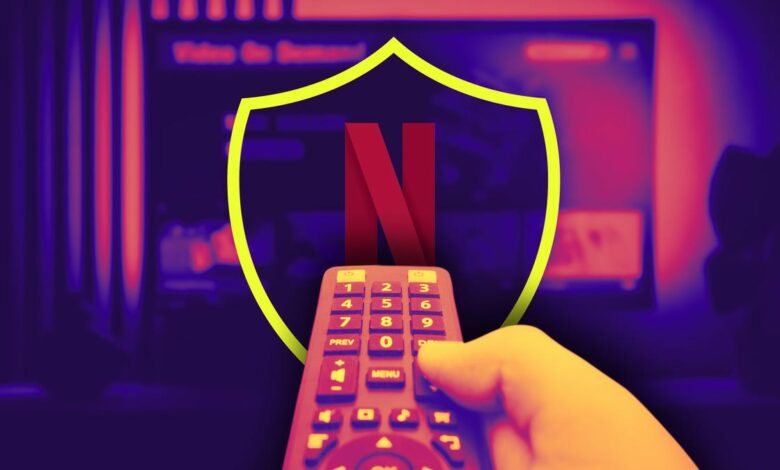Best VPN for Netflix in 2024

Support for streaming
When choosing a VPN to stream Netflix, you should consider how many international content libraries it unblocks. In general, we found that most servers in the US, UK, Canada, South Africa, Romania, and Australia worked flawlessly. Servers in other countries, such as Egypt, occasionally failed to show geo-specific movies and shows. Netflix never loaded, but some VPNs simply kept showing the US version. In addition to Netflix, consider the other streaming services you’ll want to unblock with a VPN, such as BBC iPlayer, Hulu, Disney Plus, YouTube TV, Sling, Amazon Prime Video, and others.
Server network
The more individual country servers a VPN provider offers, the more likely it is to unblock international Netflix libraries. VPN companies like NordVPN, ExpressVPN, and Surfshark offer 100 or more countries at the top end. We recommend at least 60 countries, which should give you plenty of options. Notably, you may not be able to access global Netflix content on all servers. However, if a VPN offers multiple servers in a particular country, such as several choices in the UK, you can try switching your connection options within that region to see if that successfully unblocks Netflix.
Device Compatibility
Consider the devices you want to stream Netflix on with a VPN. Most VPNs offer Windows, macOS, and Linux apps for desktops or laptops. You’ll also find Android and iOS/iPadOS apps for mobile devices, including phones and tablets. Many VPNs offer Android TV apps that run on streaming boxes like the NVIDIA Shield TV or Chromecast with Google TV. A growing number of VPN companies, including ExpressVPN, NordVPN, PIA, and IPVanish, boast Apple TV apps, which are great for Apple fans.
Speed
All VPNs slow down your internet connection to some extent, with the best performing VPNs slowing down your speed by an average of 25% or less. A reliable connection is a must, especially for streaming in 1080p high-definition or 4K ultra-high-definition. Look for a VPN with minimal loss of internet speed for buffer- and lag-free streaming.
Privacy
In addition to entertainment like streaming video and gaming, many people use VPNs for added privacy. When connected to a VPN, apps, websites, and your ISP see your traffic as if it were coming from a different location, such as another state or even country. At a minimum, I recommend a VPN service with AES 256-bit encryption, a kill switch, and split tunneling. Additionally, make sure your VPN provider has a strict no-logs policy and undergoes annual third-party audits to verify its zero-log claims. However, more privacy-conscious users, such as investigative journalists or political activists, may want advanced privacy features like double or multi-hop VPN, Tor over VPN, and RAM-only servers.
Price
You can sign up for a monthly, semi-annual, annual, or multi-year VPN subscription. VPN subscriptions will cost you between $40 and $100 per year. Typically, the more you commit, the more you save, so an annual subscription works out to a lower price per month than a monthly subscription (but you pay upfront). We recommend sticking with an annual subscription for the maximum savings with the least risk. A lot can change in a year: your fast, private VPN could suffer a data breach or be acquired by a shady company within a 12-month period. Notably, many VPN providers will hit you with price increases, so you might pay $60 for your first year of service and then get an automatic $100 renewal. Pay attention to the checkout page when purchasing a VPN and take advantage of any early renewal discounts you get to avoid a costly subscription renewal.




